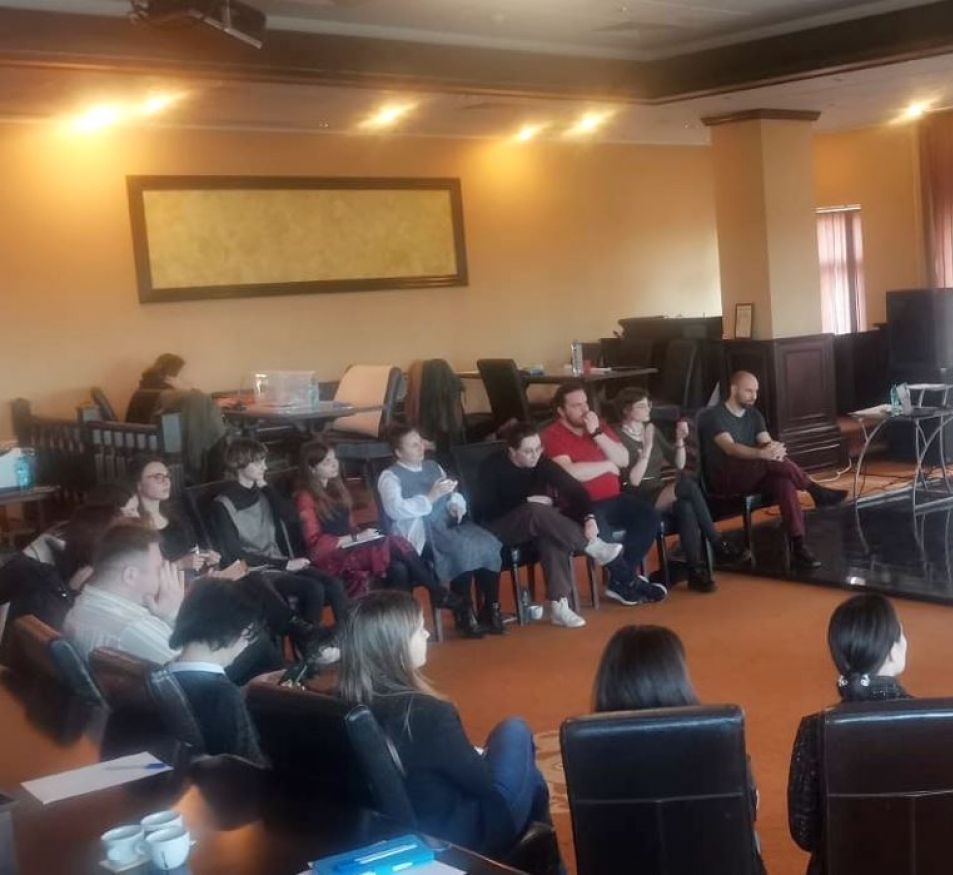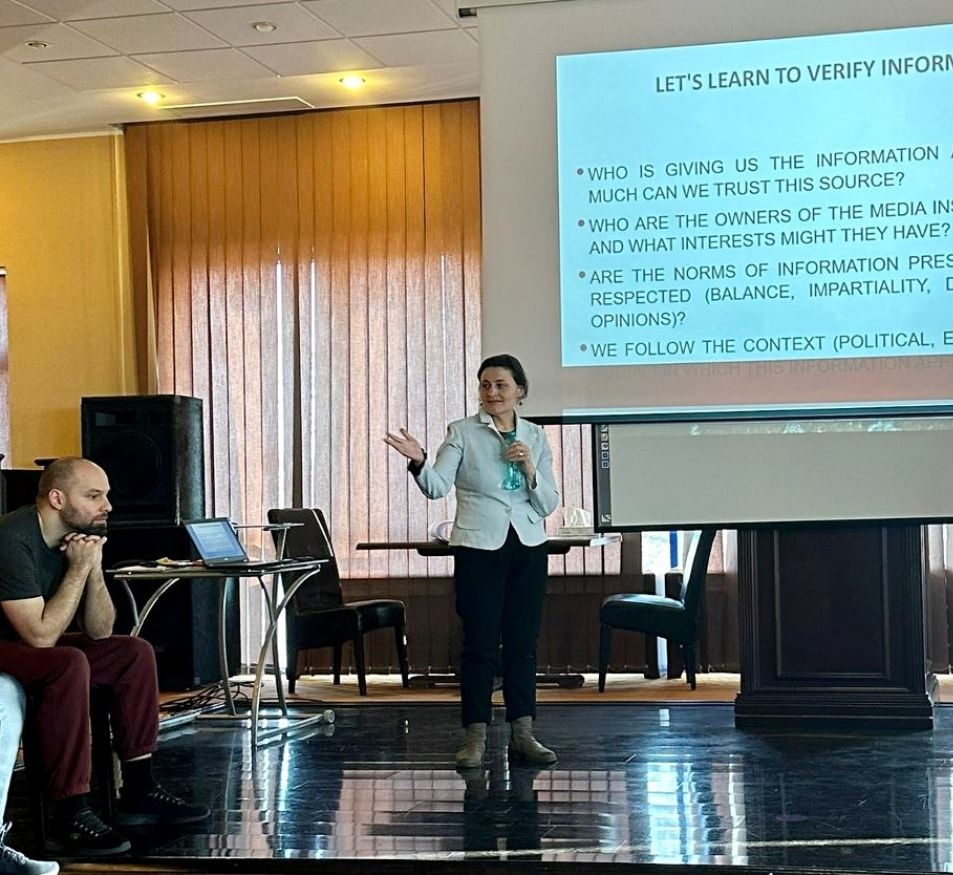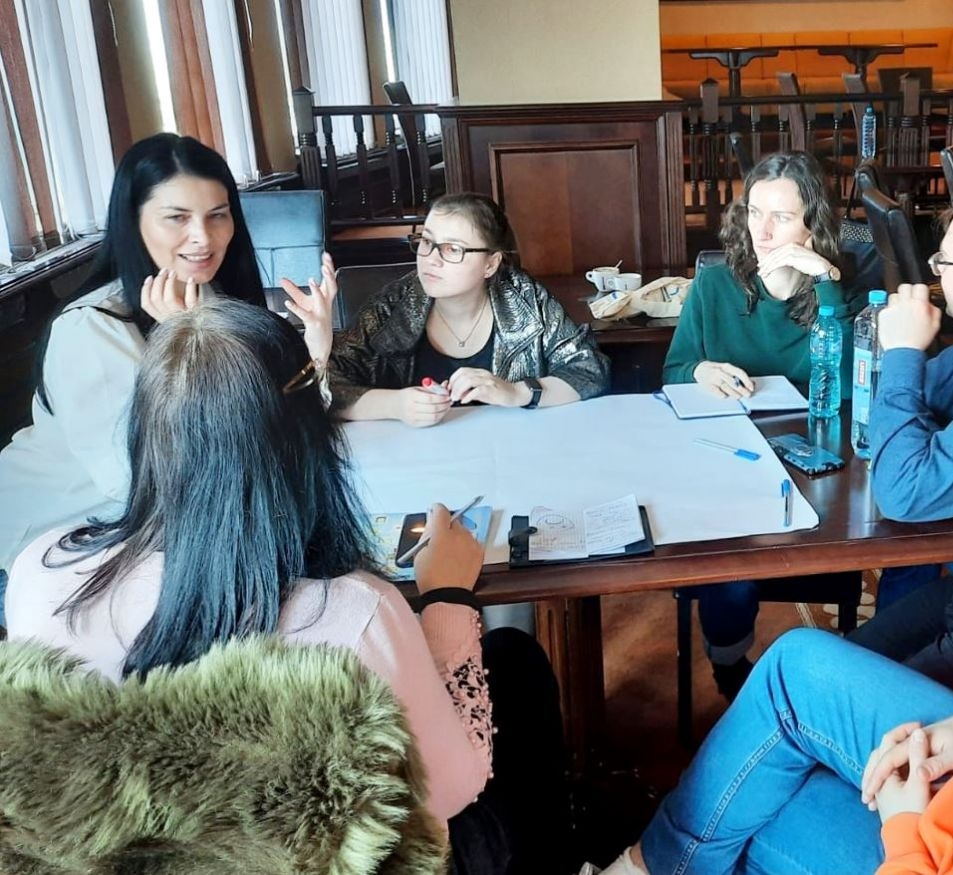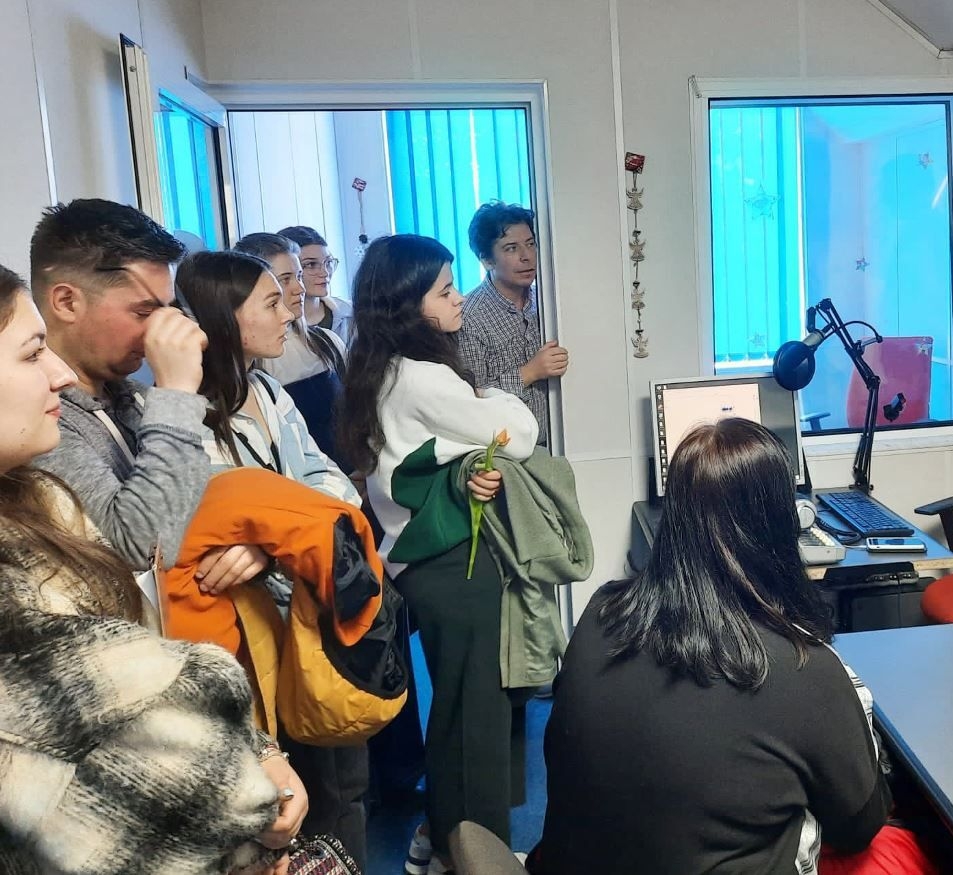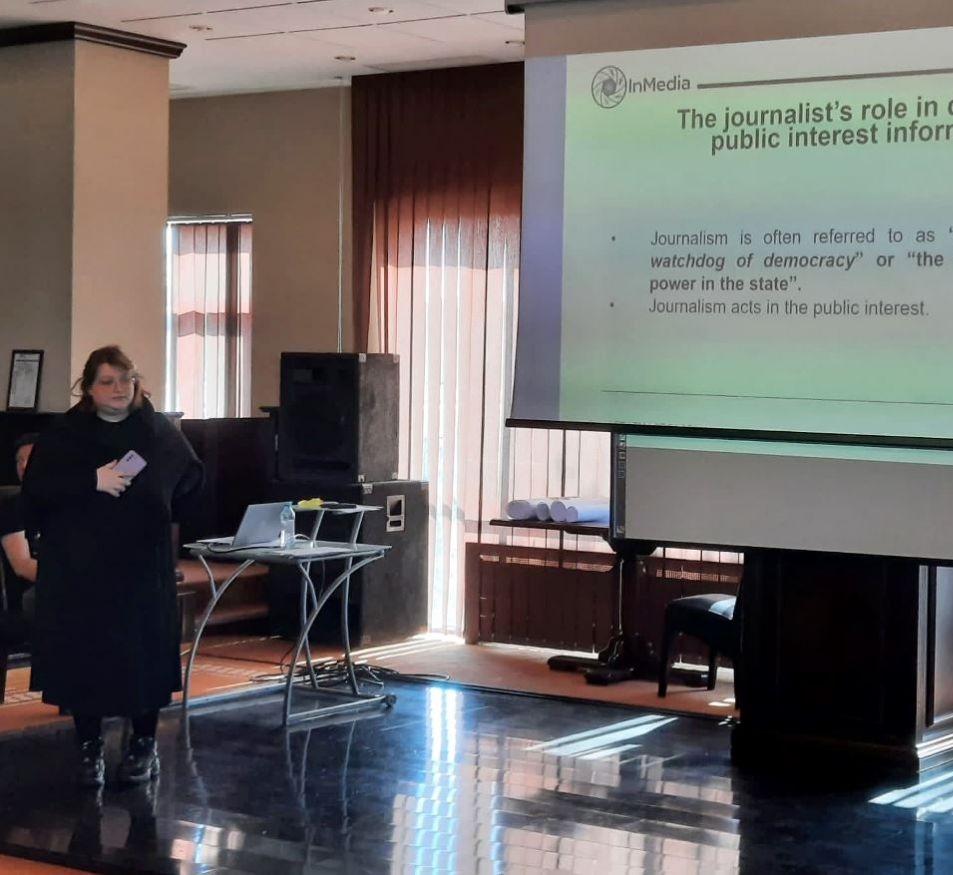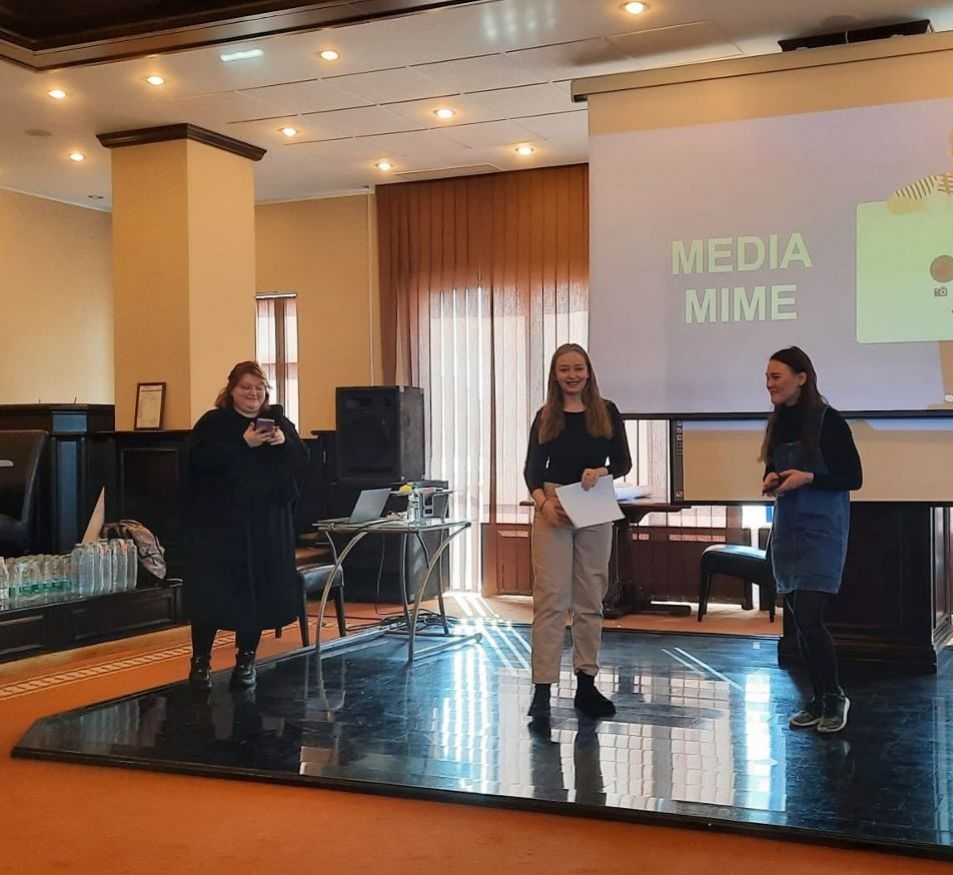Projects
back
Inclusive Media Literacy Curricula for Youth (InMedia)
Implementation period: May 1, 2021 – March 2023
Financing organization: Erasmus+ Programme
Project goal: InMedia is about inclusive media literacy education. The project sets out to bring media literacy to vulnerable young people with difficult socio-economic backgrounds from Romania, Hungary and the Republic of Moldova, in order to help them develop media literacy competencies and guide them through the cobweb cast by disinformation
1. Developing a Curriculum on inclusive media and information literacy program for youth workers (IO1). The structure of this curriculum includes 4 modules that approach various media literacy concepts, catered to the identified needs of our vulnerable youth upon ample testing in workshops and adaptation of the final materials;
2. Developing the Methodology and educational materials for youth workers in inclusive media education (IO2), a resource to be used in extensive ToTs with the youth workers that are involved in the vulnerable communities that the project addresses;
3. Creating various types of resources such as educational videos on topics of media literacy, case studies and interactive online lessons.
Beneficiaries:
1. 60 young people from communities with lesser access to education (immigrant or refugee communities, ethnic minorities or juvenile ex-offenders, etc.) to develop their media literacy knowledge and competencies, by testing activities from the curriculum we develop, in dedicated workshops;
2. 25 youth workers who engage with vulnerable youth, in a tailored ToT that addresses the development of their media literacy competencies and inclusive attitudes towards youth who face social-cultural obstacles.
In addition to that, will be facilitated access to the educational resources that result from the project for more than 200 media and education experts, NGO representatives and youth workers interested in media literacy, in ample dissemination events.
Partners:
Center for Independent Journalism, Romania: information of public interest, the right to free and responsible expression, media, civic and human rights education. For more than 27 years, the Center for Independent Journalism (CIJ) has made sure that they are accessible to all. It is a pioneer and a partner of all those who make democracy the highway of the future. In 2017 it started the most complex media literacy programme in Romania, reaching thousands of teachers and students.
The Civic Resource Center, Romania was established in 2006 to support, promote and develop civic consciousness and initiative in the spirit of proactive democracy at the individual, community and regional levels.
The Turul Madár Association, Romania has been operating for 12 years as an educational association in Sfântu Gheorghe, Covasna county. Their mission: develop and unleash the potential of the personalities of children and youth for the benefit of the community.
Artemisszió Foundation, Hungary is a Hungarian-based independent private not for profit organization, founded in 1998. Its mission is to encourage continuous dialogue and interaction between groups who are marked by cultural, ethnic and social differences and to foster their mutual understanding.
The Association for Independent Press, the Republic of Moldova is one of the most important Moldovan media organizations providing assistance to independent media. API was founded in 1997 by the representatives of the first local independent newspapers. The main goal of API is to enhance the impact of independent press from Moldova and bring its contribution to the creation and strengthening of the open society.
More about the project: http://medialiteracy.ro/
-
20 February 2023
Asociația Presei Independente (API) anunţă un concurs de selectare a opt participanți/participante din rândul lucrătorilor cu tinerii, la un workshop internațional de șase zile în orașul Constanța din România în perioada 5-11 martie 2023. Tema instruirii – alfabetizarea media incluzivă. Activitățile instruirii se vor adresa nevoilor în acest domeniu ale tinerilor din comunitățile vulnerabile. La concurs pot participa persoane cu vârsta de peste 18 ani care lucrează cu tinerii (reprezentanți ai organizațiilor neguvernamentale de tineret, pedagogi, asistenți sociali, juriști care desfășoară activități în domeniul justiției juvenile, psihologi etc.).
